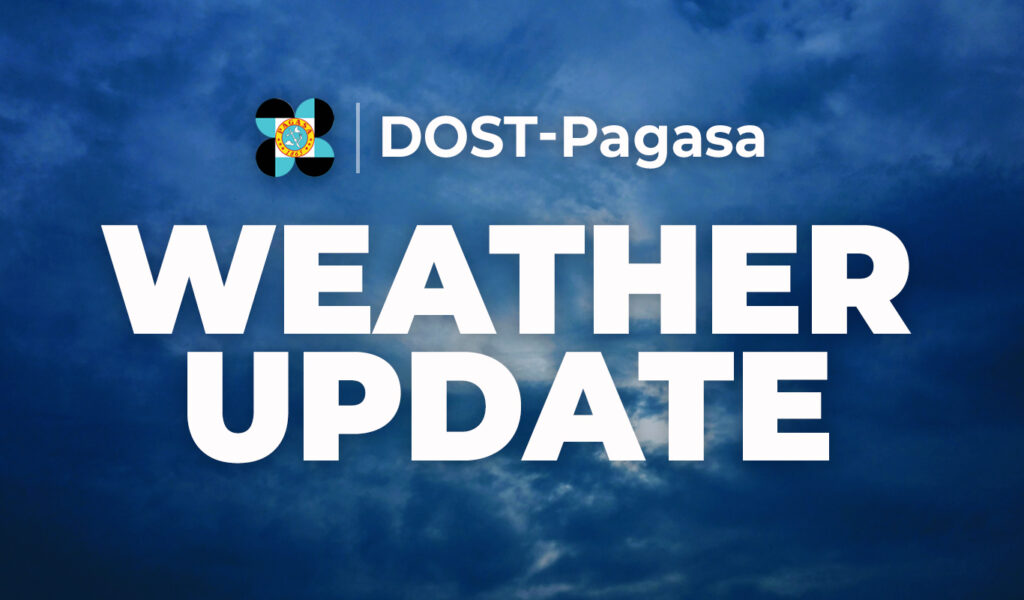
MANILA, Philippines — Tropical Cyclone Wind Signal (TCWS) No. 2 was raised over Batanes as Typhoon Carina (international name: Gaemi) further intensified as it headed towards Taiwan.
This is according to the state weather bureau this early Wednesday morning.
According to the Philippine Atmospheric, Geophysical and Astronomical Services Administration (Pagasa), that Signal No. 2 has been raised over Batanes where winds of from 62 to 88 kph are expected in the next 24 hours.
READ MORE:
LIVE UPDATES: Tropical cyclones Butchoy, Carina
Butchoy, Carina leaves 8 dead, 1 missing – NDRMMC
EXPLAINER: What do color-coded rainfall warnings mean?
As for Carina, Pagasa in its 5:00 a.m. bulletin said that it would be expected to steadily intensify and might reach its peak intensity prior to its landfall over Taiwan “due to favorable environment.”
Carina was spotted Wednesday morning some 290 kilometers (km) northeast of Itbayat, Batanes, packing maximum sustained winds of 155 kilometers per hour (kph) near the center and gustiness of up to 190 kph while moving northwest at 25 kph.
“Carina is forecast to make landfall over the northern portion of Taiwan this afternoon or early evening. On the track forecast, the typhoon will cross the rugged terrain of Taiwan and exit the Philippine area of responsibility [on Wednesday evening] or [the] early morning [of July 25],” said Pagasa.
Meanwhile, TCWS No. 1, is still up over Babuyan Islands, the northern portion of mainland Cagayan (Claveria, Santa Praxedes, Sanchez-Mira, Pamplona, Abulug, Ballesteros, Aparri, Camalaniugan, Buguey, Santa Teresita, Santa Ana, Gonzaga) and the northern portion of Ilocos Norte (Burgos, Bangui, Pagudpud, Dumalneg, Adams)
READ MORE: Red rainfall warning raised over Metro Manila, nearby areas
Strong winds
The southwest monsoon or “habagat”, on the other hand, is also expected to bring strong to gale-force winds to the following areas:
- Metro Manila
- Ilocos Region
- Cordillera Administrative Region
- Nueva Vizcaya
- Quirino
- The eastern portion of Isabela
- Central Luzon
- Metro Manila
- Mimaropa
- Bicol Region
- Visayas
- Zamboanga Peninsula
- Northern Mindanao

